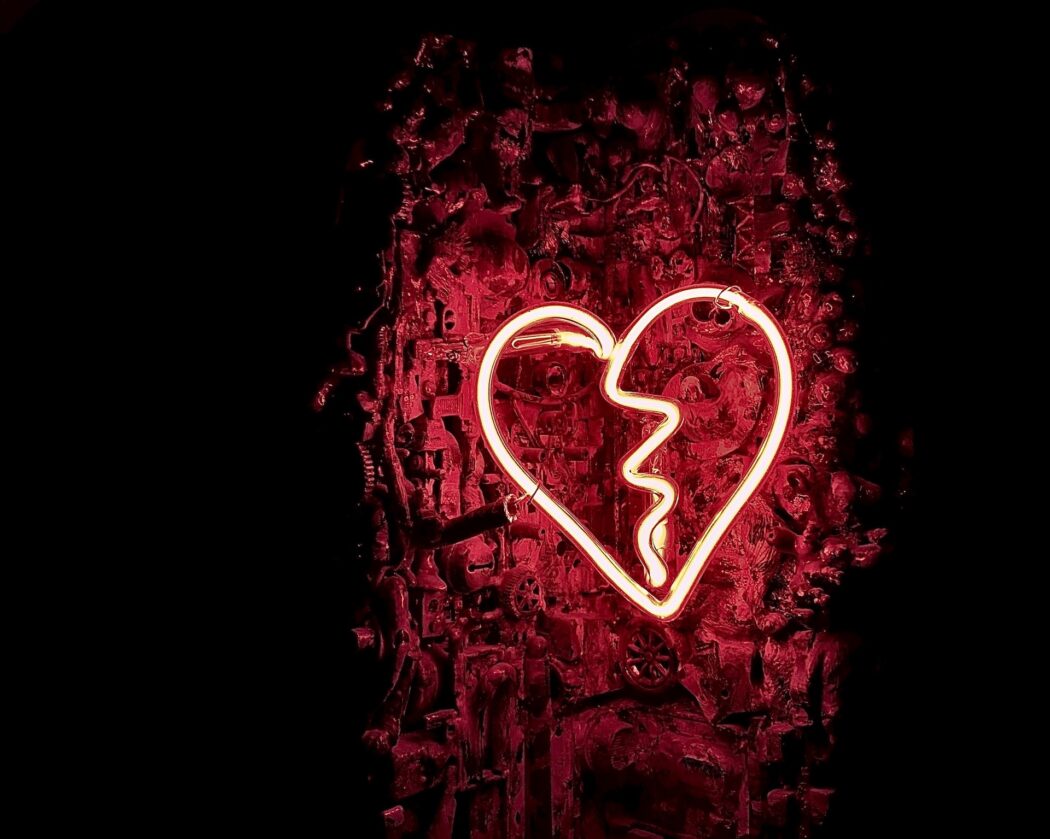Over the past few years, reality dating shows have been popping up everywhere, especially on Netflix. Love Is Blind, Dated & Related, The Ultimatum – the list is endless. A new reality dating show seems to appear every few months, and this genre of television is quickly gaining popularity. As a shameless lover of reality TV myself, I have seen many different iterations of these dating shows. While reality dating shows often vary in content, it has become clear to me that they all share a significant commonality: they encourage unhealthy partnerships in the name of drama, even if it comes at the expense of the cast.
Love Is Blind is a reality dating show that quickly gained popularity after the release of the first season in 2020. While it mirrors many of the typical tropes found in reality dating shows, featuring single men and women attempting to find a romantic partner, there is an interesting catch – cast members are required to form a connection without ever seeing each other face to face. The concept of the show is intriguing, as it is not something that we generally see in the real world. I’ll admit that the show’s plot is extremely effective at drawing in viewers, but after delving deep into the world of Love of Blind, the show’s problematic aspects have become all too clear.
Love Is Blind profits off of relationship drama and airing people’s dirty laundry for viewers to see and critique. Although cast members agree to have their lives displayed on camera when they sign a contract to be on the show, it is a well-known fact that reality TV borders on the side of being inauthentic. Reality dating shows are designed to be dramatic, and they often encourage viewers to pick sides. However, we don’t often think about reality TV contestants themselves, and what it would be like to have millions of people either rooting for you or making fun of you through a screen.
The intrigue of reality dating shows lies in the drama, but viewers tend to forget that these shows represent the lives of actual people, and that they don’t solely exist for entertainment purposes.
The second season of Love Is Blind, which was released in early 2022, features Abhishek “Shake” Chatterjee, a particularly problematic cast member. In an early episode of the show, Shake was shown to be asking women about their clothing in an effort to learn their sizes, despite the fact that the goal of the show is to fall in love through emotional connection, rather than physical appearance. Additionally, in later episodes, Shake made many comments criticizing his then-fiancée’s physical appearance. The reunion episode of the season created a lot of controversy when rather than owning up to his comments and apologizing, Shake attempted to defend his behaviour by making the claim that the show gave him a bad edit. Being one of the more controversial personalities of the season, viewers readily fed off of the drama that Shake created. While it can be argued that individuals such as Shake make reality dating shows interesting, it is difficult to look past his questionable nature in degrading other cast members. Although Love Is Blind attempts to prove that looks, race, and other physical characteristics are not important when it comes to love, the disrespect that is experienced by certain contestants seems to contradict this assertion, which makes the show appear unrealistic and problematic.
Season three of Love is Blind, which was released earlier this November, brought just as much drama as the first two seasons, if not more. Season three featured several controversial and possibly even more problematic personalities than those seen in seasons one and two. Some of this season’s contestants made hurtful and contentious comments that exploited other participants’ insecurities for drama and general viewer enjoyment.
This season of Love is Blind, in particular, seems to have forgotten that contestants are real people with real feelings, which has made the show even more detached from reality than before.
As Love is Blind progresses, each season seems to be more problematic and exploitative than the last. While reality dating shows can provide easy, mindless entertainment, it is important to be aware of the harm that they can cause by pushing stereotypes and normalizing offensive behaviour. The surge in popularity that has stemmed from reality dating shows has demonstrated that Netflix and other producers of these programs care deeply about attaining large viewerships, which has pushed them to partake in potentially unethical behaviour when curating these shows.
As seen in Love is Blind, reality dating shows often glamourize unhealthy relationships, and embarrass vulnerable people for entertainment value. Although it is referred to as reality TV, Love is Blind definitely does not reflect reality, and this is important to be aware of when indulging in this show, as well as others of a similar nature.








